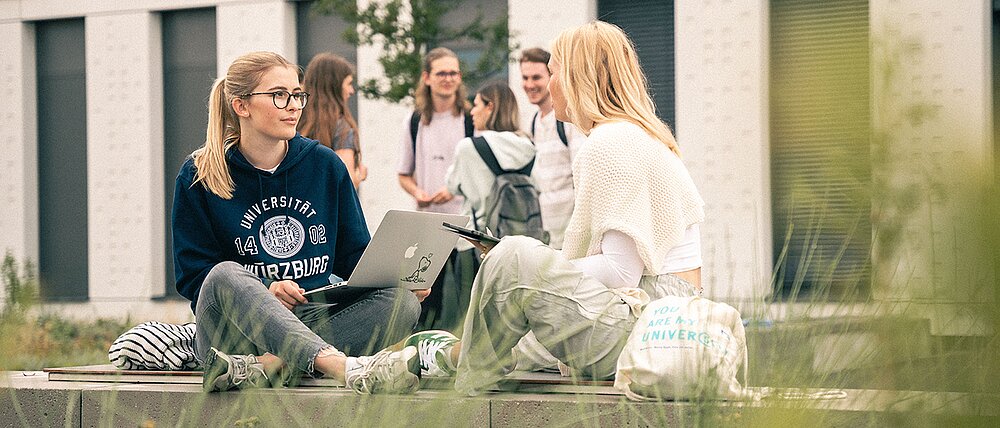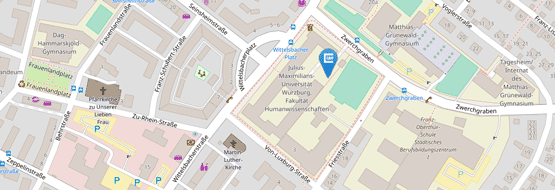Innovative Teaching

The SowiNa program offers students in-depth insights into the challenges and opportunities arising from the complex dynamics in sustainability transformations in diverse teaching, learning and exchange formats. In interactive seminars, digital and analogue methods and forms of examination are used to reflect on current theoretical and empirical issues in social science sustainability studies. In the following, results from teaching projects are presented.



